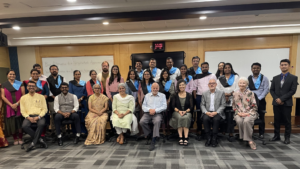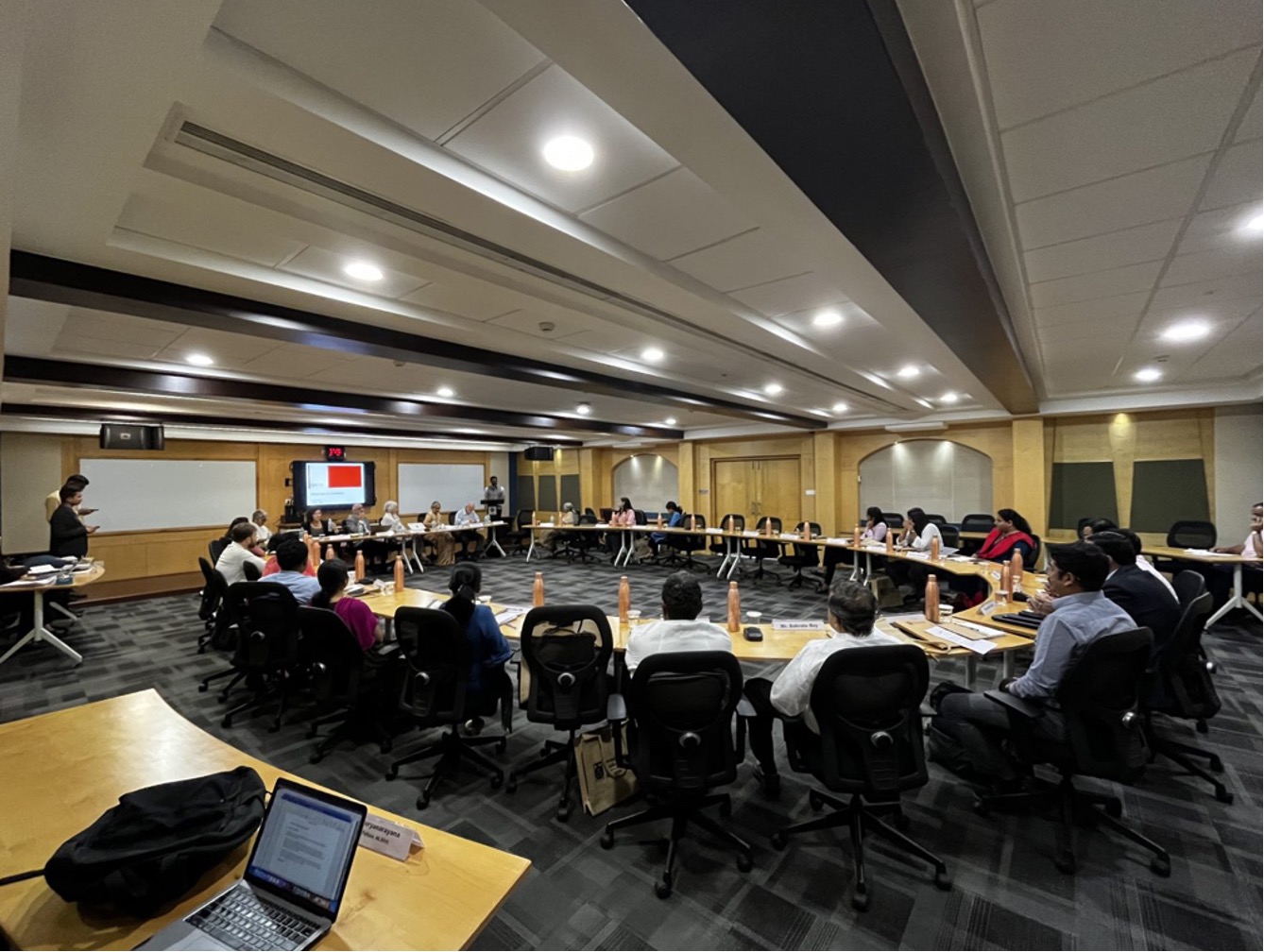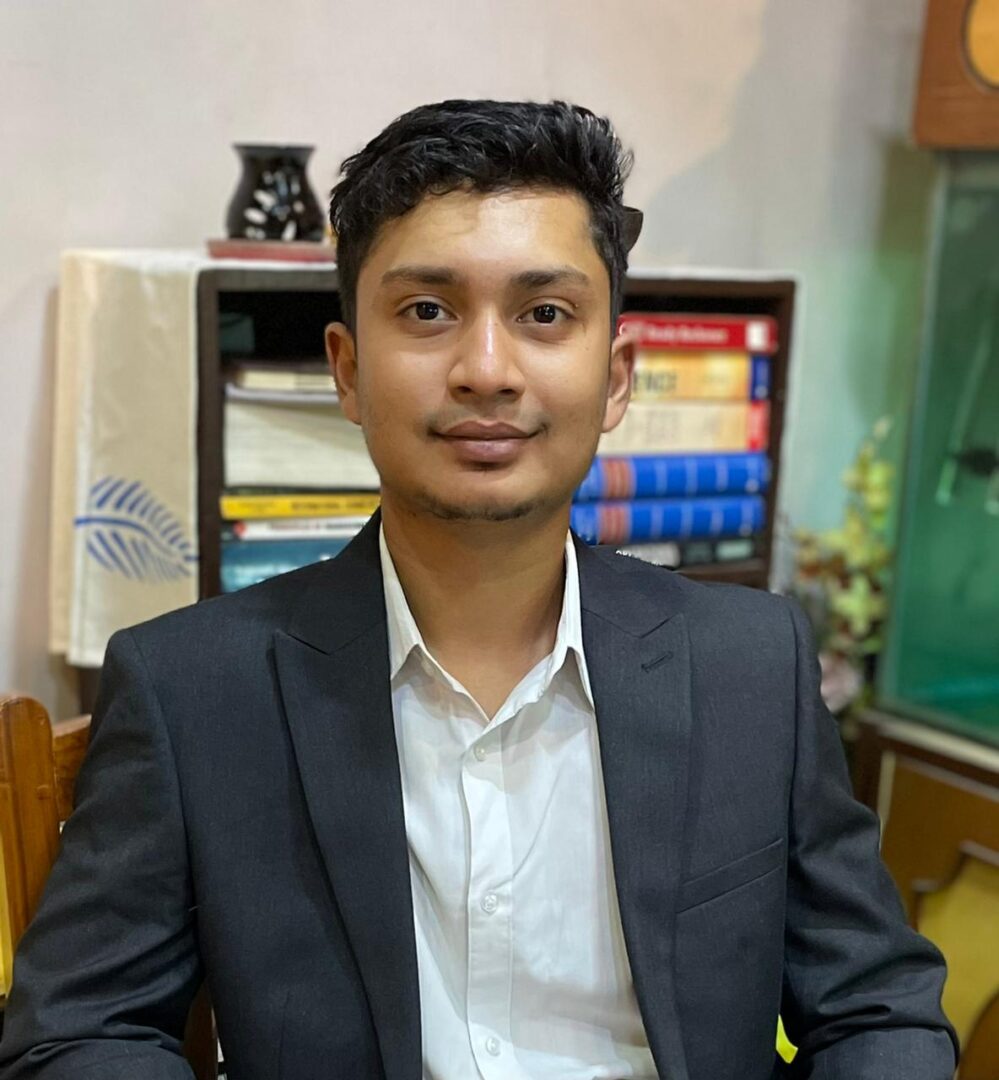Mediation has been increasingly viewed as a critical, supplementary tool towards the quick, and meaningful resolution of legal disputes. On October 19, 2023, a workshop on “Advocacy in Mediation” was conducted for lawyers and legal academics at the NLS campus in Bengaluru.
The event was organized by NLSIU, CAMP Arbitration & Mediation Practice Private Limited, and Foundation for Sustainable Rule of Law Initiatives. The workshop featured a distinguished panel of speakers, including:
1. Claudia Bernard, a trainer, mediator and consultant in the San Francisco, California Bay Area.
2. Dana Curtis, mediator for a broad range of disputes in her California Bay Area, California practice. She conducts mediation training for organization, courts and law schools including Stanford Law School and Harvard Law School.
3. Howard Herman, mediator in a private practice with JAMS in San Francisco where he specialized in matters involving high emotion and complex power dynamics.
4. Victor Schachter, Founder and President of the Foundation for Sustainable Rule of Law Initiatives.
5. Laila Ollapally, Founder of CAMP Arbitration and Mediation Practice, who has practiced as an advocate for over three decades in the Supreme Court of India and High Court of Karnataka.
The workshop was organised with an aim to improve awareness about the mediation process, and provide participants with practical knowledge and skills to facilitate mediation processes in their professional lives effectively. Participants came from diverse backgrounds including from corporates, businesses, and the law.
Session 1: Mediation Distinguished from other Forms of Dispute Resolution
The session kicked off with a discussion on “Mediation [as] Distinguished from other Forms of Dispute Resolution” led by Dana Curtis, where the participants were made aware of the differences between arbitration and mediation through a simulation exercise. They were required to split into groups of three, alternatively simulate a mediation and an arbitration, and reflect on the different “experiences” they had as clients and neutral parties (mediators/arbitrators). In the reflection session that followed, different perspectives such as, the goals of clients—who seek to win in arbitration but settle in mediation—and the role of the judges—who look for evidence and a stronger case in arbitration but try to identify areas of common ground in mediation—were discussed.
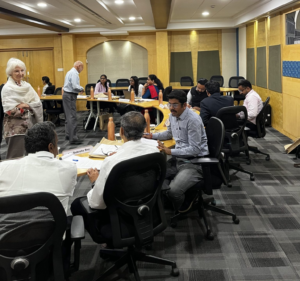
The panelists also led the participants through the typical stages in any mediation by practical demonstration, with Mr. Victor Schachter acting as mediator. This was followed by a simulated negotiation exercise, as negotiation forms the core of mediation. After this exercise, the panelists lectured briefly on the two major types of bargaining, positional and interest based, going over the differences and various strategies under each style. The instructors observed that while the former involved clients and their attorneys arguing from fixed “positions”, the latter involved going beyond these positions, to the underlying “interests” to see if any other position could also achieve those interests in a satisfactory manner.
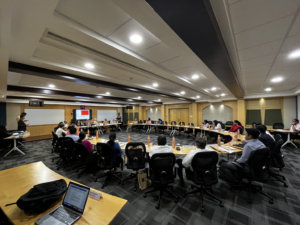
Session 2: Preparing with a Client (Interactive Discussion)
The second session was devoted to critically examining best practices for preparing with a client for any mediation process. This involved a discussion on:
First, the manner in which a client has to be briefed about the procedural aspects of the mediation, along with assessing their best and worst-case outcomes;
Second, the process of generating a plan of action that accounts for a range of possible outcomes and devising appropriate responses;
And third, preparing crucial written documents like the mediation brief—which summarizes the client’s position succinctly—for the mediator to review.
Session 3: Tips for the Mediation Session (Interactive Discussion)
The final session focused on two major topics, firstly on pointers for attorneys during the actual mediation process, and secondly on the various mediation styles and the process of choosing a mediator. The panelists also conducted a Q&A alongside the lecture making the session an extremely interactive one. On the first point, the instructors introduced multiple ideas, like the core principle of “being tough on issues, but soft on people”, emphasizing that the key to successful mediation lay in building trust with the opposing party. This goal was only possible if the other party believed that negotiations were being conducted in good faith.
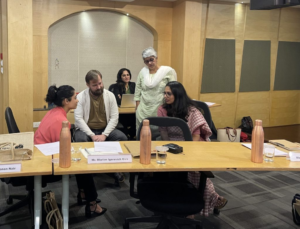
Furthermore, the instructors highlighted the importance of cultivating persuasion as a skill for attorneys involved in mediation. The participants, in dialogue with the panel and between themselves explored the various dimensions of persuasion, aimed at preparing the client, persuading opposing counsel, and gently, honestly albeit firmly communicating one’s own views and interests to the mediator.
Finally, the panel discussed the role of creativity in mediation, reminding the participants that sometimes, success comes with lateral, out-of-the-box solutions proposed by mediators, even when they haven’t been previously considered by the parties. The substantive part of the workshop culminated with a brief overview of various mediation styles (directive, elective, facilitative, evaluative, and hybrid approaches), with Mr. Victor Schachter advising the participants to always choose their mediators carefully keeping in mind their style, approach to problem-solving and relevant experience.
At the end of the workshop, certificates were awarded to the attendees, recognizing their participation and commitment to self-development.
Partnering Organisations
CAMP Arbitration and Mediation Practice Private Limited is an institutional mediation service provider, founded in 2015, enabling businesses to resolve conflicts without resorting to litigation. Founded by expert dispute resolution professionals, CAMP has mediated a large number of disputes with a high success rate of around 80%.
Foundation for Sustainable Rule of Law Initiatives (FSRI) is a non-profit NGO dedicated to creating and supporting viable and sustainable mediation and alternate dispute resolution programs in developing democracies around the globe.
